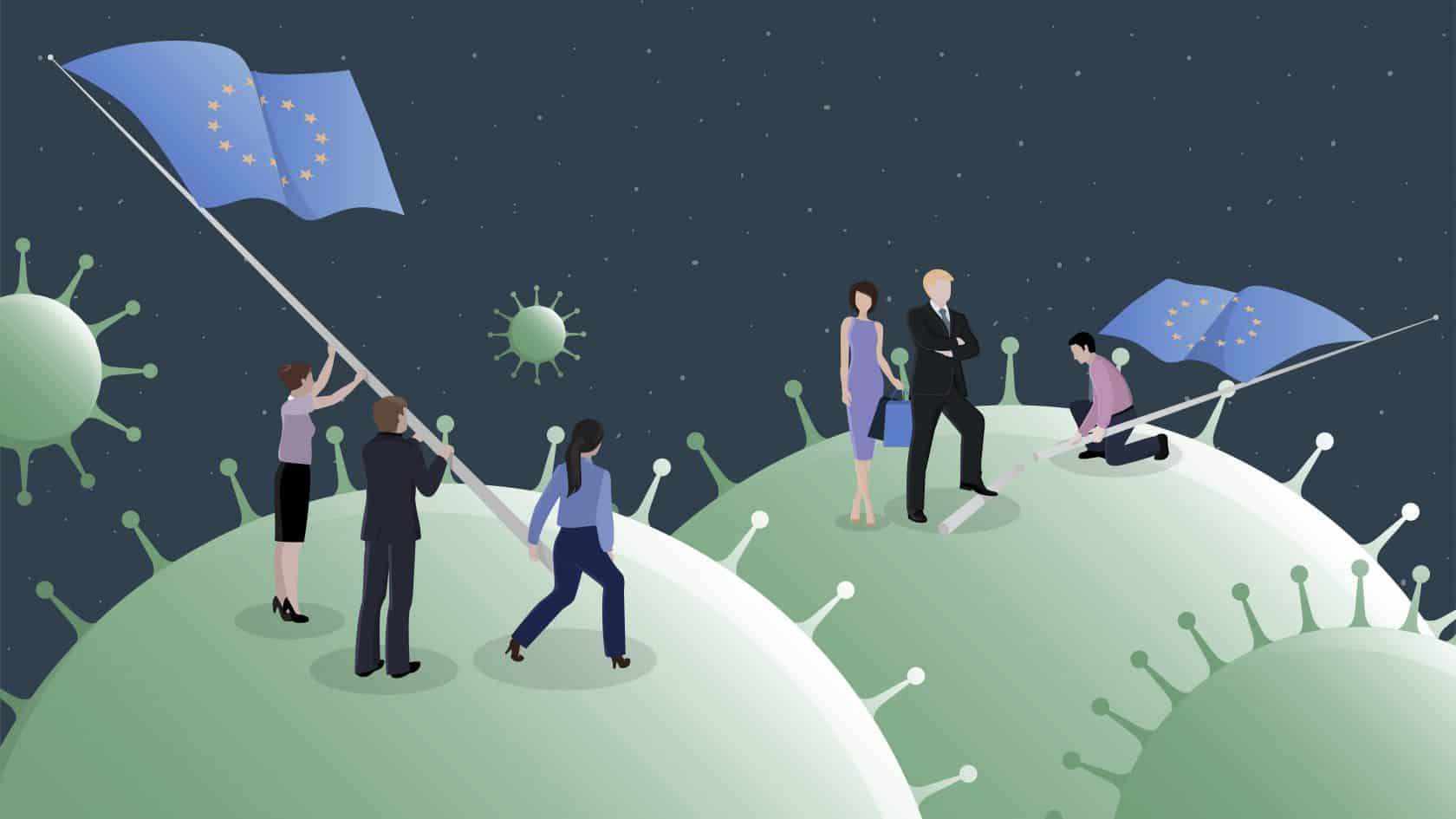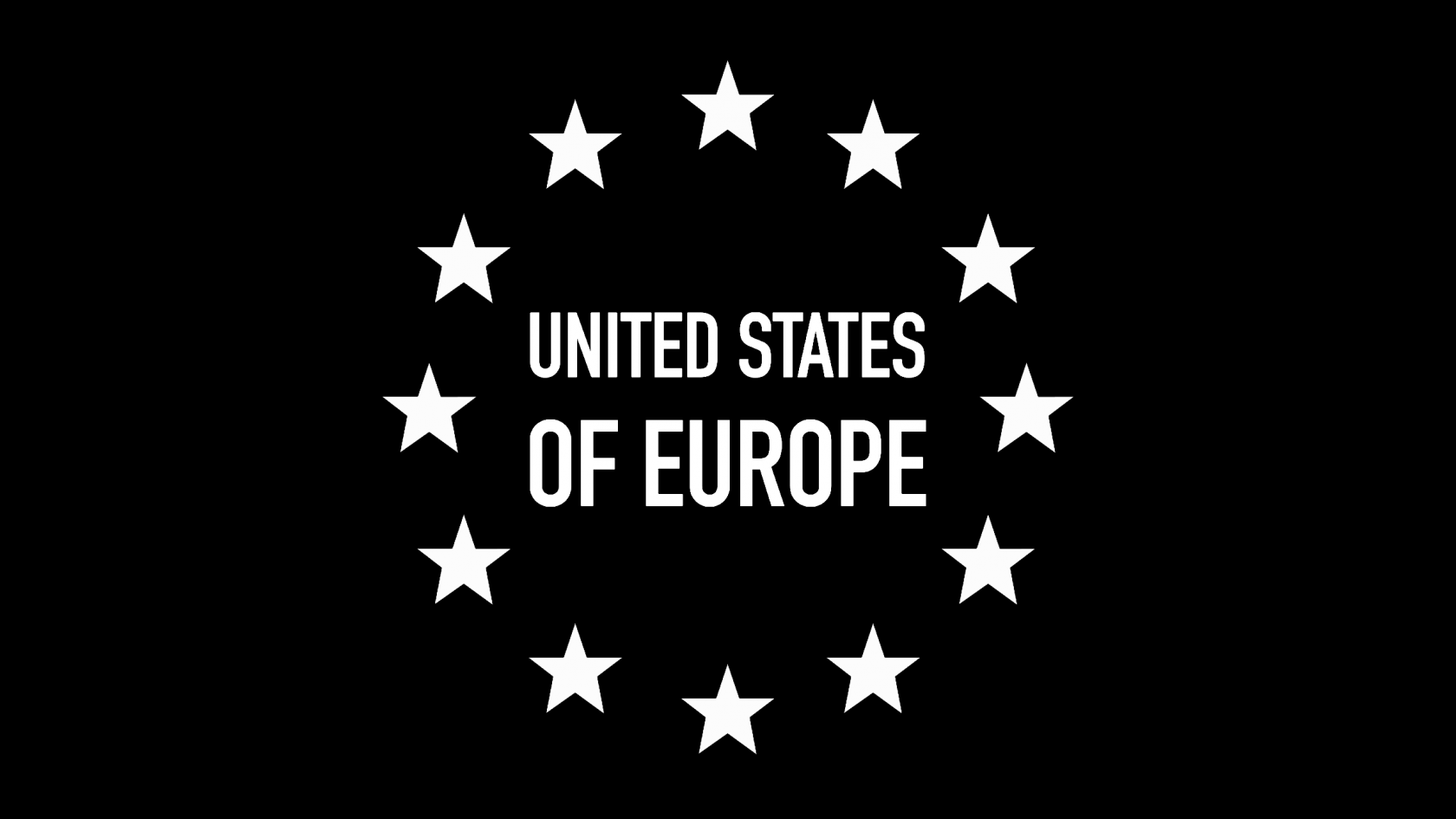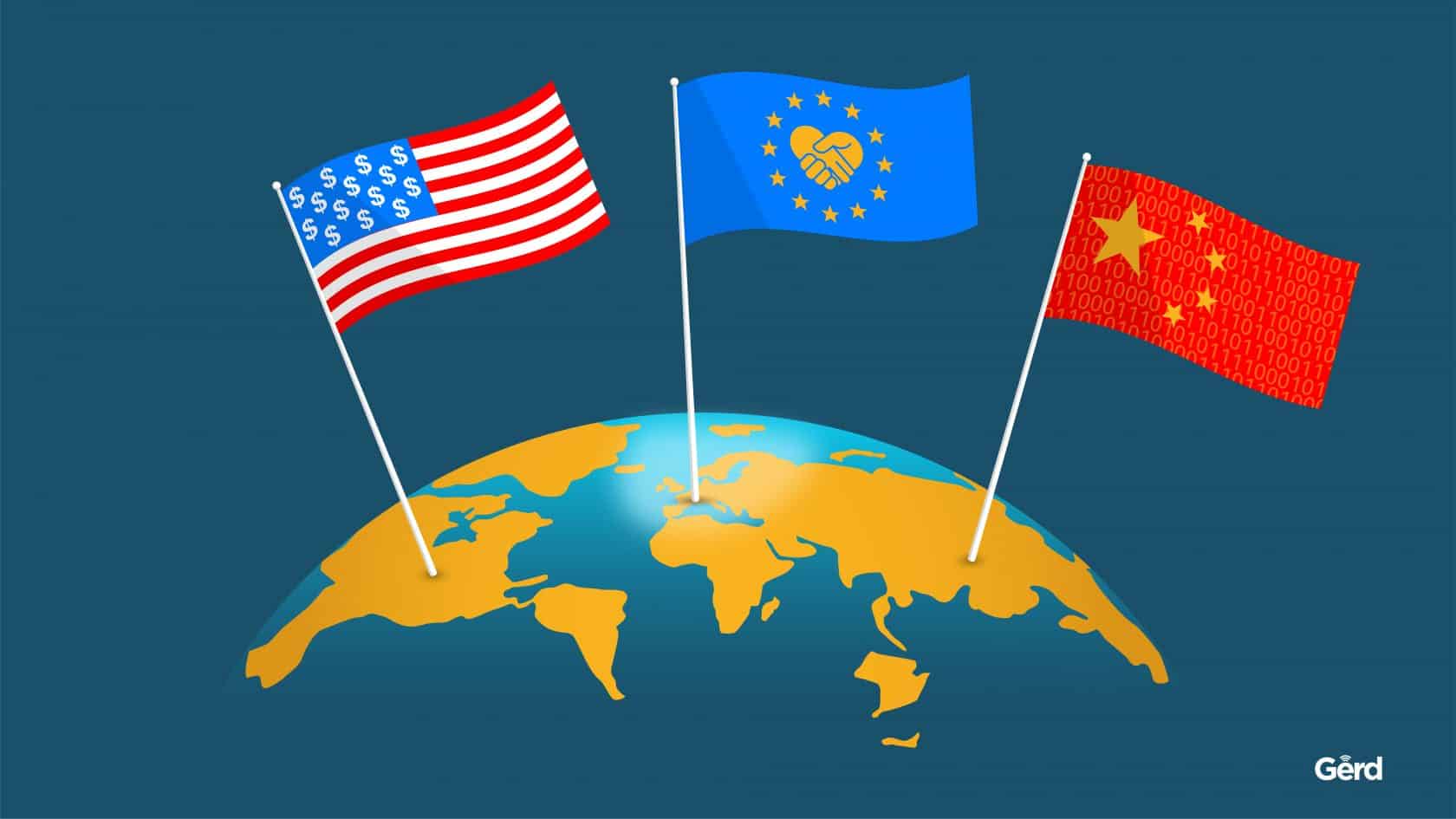Generated with Google Notebook LM — pretty powerful stuff
The document below, from 2022, a policy paper by futurist Gerd Leonhard, examines how Europe can proactively shape its future amidst rapid technological advancements. It argues that the COVID-19 pandemic had accelerated digital transformation, necessitating a re-evaluation of European values and priorities. The paper advocates for a new “operating system” for Europe, one that balances technological innovation with humanistic principles. It emphasizes the importance of ethical considerations in the development and deployment of AI, suggesting the creation of a Digital Ethics Council. Furthermore, the document calls for a shift beyond GDP as the sole measure of progress, advocating for a “4Ps” approach: People, Planet, Purpose, and Prosperity. The author urges European policymakers to foster future thought-leadership and promote sustainable economic models.
Here is an AI generated but nevertheless pretty interesting podcast generated from this paper, using Google Notebook LM:) Let me know what you think!
March 2022: The Good The Bad and the Future
Generated by Google Notebook LM: To shape a “Good Future”, Europe can take several actions:
- Develop a new operating system that reflects European values and priorities, especially concerning the relationship between humans and technology. This involves embracing the idea that Europe is in charge of its own future, rather than being directed by external forces like Silicon Valley or China.
- Focus on a vision of the future and design a new, future-ready capitalism. This includes addressing issues that are considered ‘normal' and embracing an era of “new normals”.
- Embrace technology and scientific research while protecting human values such as mystery, serendipity, inefficiency, mistakes, imagination, and intuition. It's crucial to strike a balance between innovation in areas like artificial intelligence and preventing dehumanisation by setting clear boundaries.
- Address climate change and consider the COVID-19 crisis as a trial run for making necessary sacrifices. Decarbonization is a significant economic opportunity for Europe that can benefit the region financially and culturally.
- Promote a balance in how digital transformation is approached, ensuring connectivity is implemented as needed without risking human agency.
- Enact tech regulations to manage data harvesting, safeguard digital identities, and protect individuals from becoming algorithmically-driven subjects.
- Establish digital ethics councils comprised of impartial individuals to consider the impact of the digital world on people and society. The goal is to move towards an experience- and purpose-based economy rather than one focused solely on products and services.
- Rehumanize media by prioritising human curation and decisions over algorithmic reductionism. The primary goal of human media should be to sustain democracy rather than solely focusing on advertising.
- Unite internally to play a vital global role, especially concerning super-intelligence. Europe should aim to lead in social capitalism based on the principles of people, planet, purpose, and prosperity, moving beyond GDP as the sole measure of success.
- Promote thought-leadership in Europe to build a unique narrative about the future. This involves creating a sustainable stock market (SUS-DAQ) that pegs performance on objectives beyond just financial ones.
- Remember the Good Future during times of crisis, using it to balance, inspire, and steer actions. The future should be used as a problem-solving tool by adopting a future-ready mindset.
- Expand vision into both near and distant horizons, and start with the future and work back to the present.
These steps involve a combination of ethical considerations, technological governance, and a focus on values that promote human well-being and sustainability.











